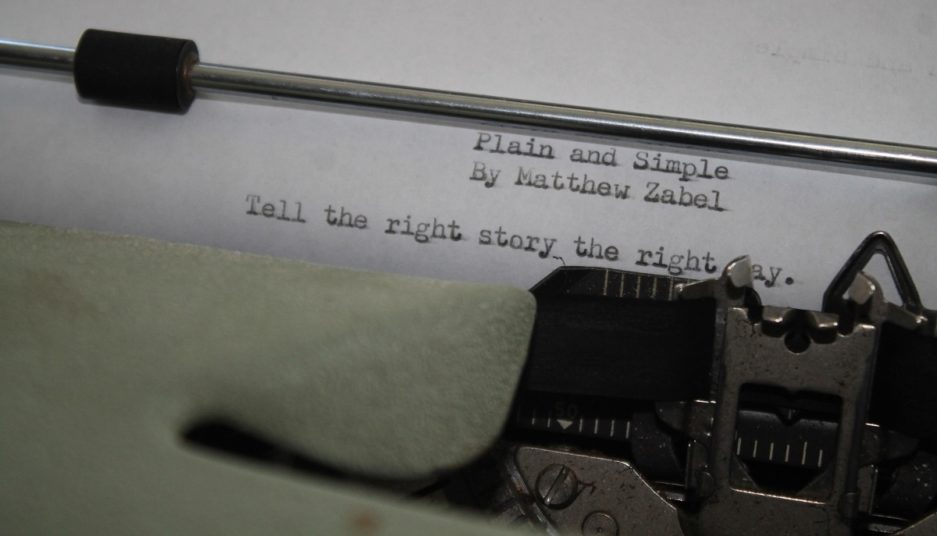Scandals are everywhere in our political circles, and where there are scandals there are anonymous sources to tell reporters about them.
In their quest to be on top of the scandals, too many journalists bet their reputations on anonymous sources who have little motivation to tell the truth.
Anonymous sources can be a vital tool in learning the truth when officials have something to hide. But when journalists trade good news judgement for a salacious story that doesn’t really matter, they lose their credibility quickly. Worse yet, when they later learn their source didn’t know as much as he or she claimed to know, the journalist’s reputation suffers even more.
I appreciate the Poynter Institute’s various articles on the subject. In February, Benjamin Mullin, managing editor of Poynter.org wrote that anonymous sources are vital to good journalism, in spite of the risks.
Also, in a 2014 lecture, John Christie, editor in chief of the Maine Center for Public Interest Reporting, called the practice “journalism’s false god.”
Both articles make very solid points
Donna Fielder, a Texas author and highly respected newspaper crime reporter for many years, said anonymous source require a lot of corroboration. “I always heard that three anonymous sources equal one source,” she said.
As a young reporter, I pleaded with an editor to use an anonymous source in a story. The editor shut me down quick. “These people need to identify themselves,” he said. I never asked again.
As a city editor, I had the same conversations with reporters on a couple of occasions. Usually, removing anonymously sourced information from a story didn’t detract from the story enough to be worth the risk of being wrong. And readers trusted the story more – even if they didn’t like it — because they knew its sources.
We expect reporters to be skeptical of public officials. They must verify everything those people say, but they need to realize that readers are skeptical, too.
